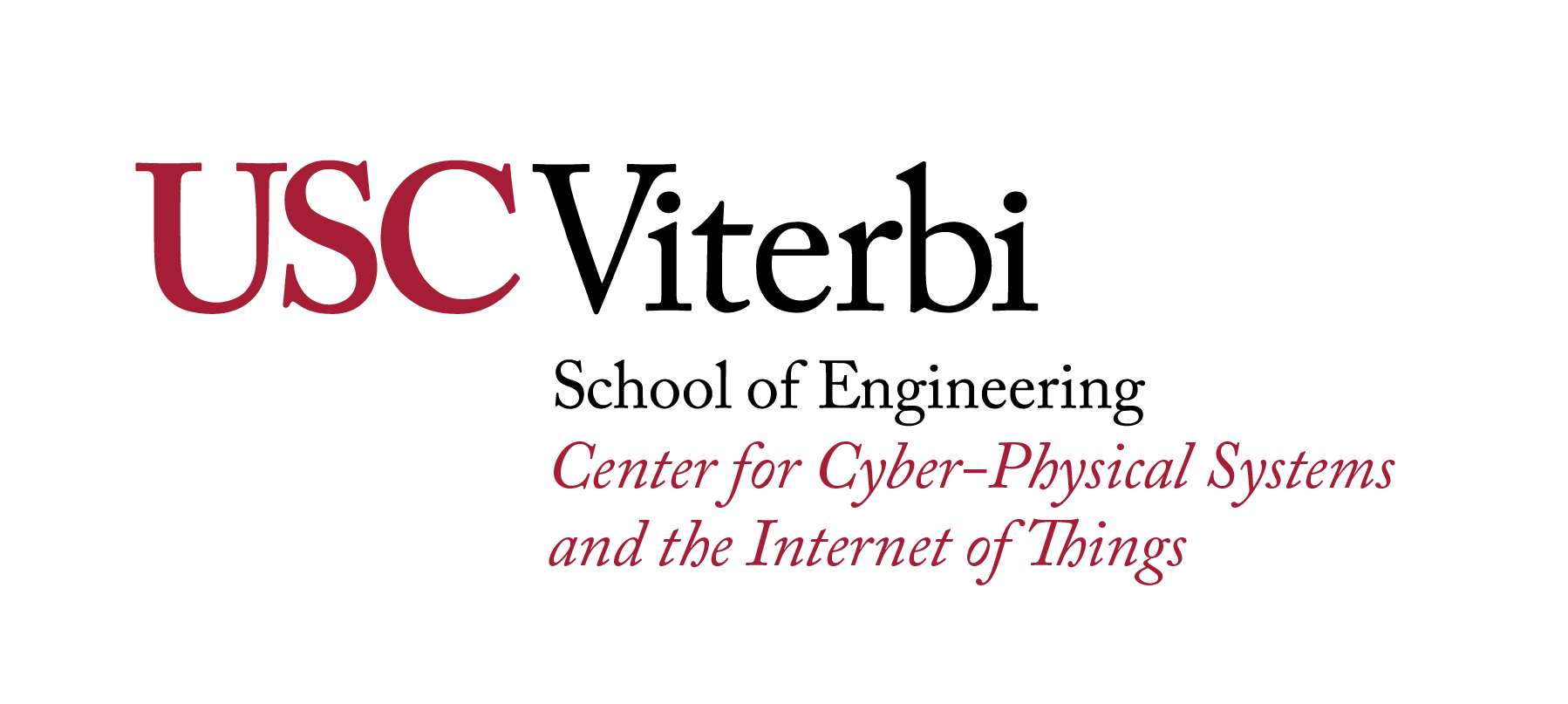The Hard Parts of Soft Robots

Guest Speaker:
Nick Gravish – Mechanical & Aerospace Engineering – UC San Diego
Wednesday, November 4th, 2020
Zoom Webinar Link
2:00pm – 3:00pm
Webinar Link:
https://usc.zoom.us/webinar/register/WN_YSl0DRVOQJetWGNAACPOYQ
Abstract:
The form and shape of modern robots are rapidly changing from rigid, stiff, but precise machines to more compliant, adaptable, but inherently underactuated systems; often called soft robotics. The emergence of soft robots is in part motivated by the need for safe robotic technologies when human interaction is frequent. However, another motivation for designing soft robotic systems is to exploit the compliant mechanics and high degree of freedom of these systems for adaptability, actuation, and sensing. The majority of efforts to build soft robots utilize a standard toolkit of silicone elastomer casting, pneumatic actuation, and stretchable conducting elements. In this talk, I will present our efforts to design and build robots capable of compliance control, reconfiguration, and adaptability using laminate and 3D printing techniques, where “softness” is derived from the configuration of rigid constituent materials. This will focus on three research efforts: compliance control through sliding- layer laminates, insect-inspired 3D printing for “flexoskeleton” robots, and shape changing robot feet for improved mobility of legged robots. While these efforts focus primarily on the mechanical domain of soft robots, I will highlight opportunities for sensor and electronics integration through these fabrication approaches.
Biography: Dr. Nick Gravish received his PhD from Georgia Tech where he worked on understanding the locomotion of ants within their nest. Gravish used robots as physical models to motivate and study aspects of biological locomotion. During his post-doc Gravish worked in the microrobotics lab of Rob Wood at Harvard, where he gained expertise in designing and studying insect-scale robots. Gravish is an assistant professor at UC San Diego in the Mechanical and Aerospace Engineering department. His lab focuses on developing new bio-inspired robotic technologies to improve the adaptability and resilience of mobile robots.
—
Hosts: Feifei Qian and Pierluigi Nuzzo CCI: http://cci.usc.edu
MHI: http://mhi.usc.edu
